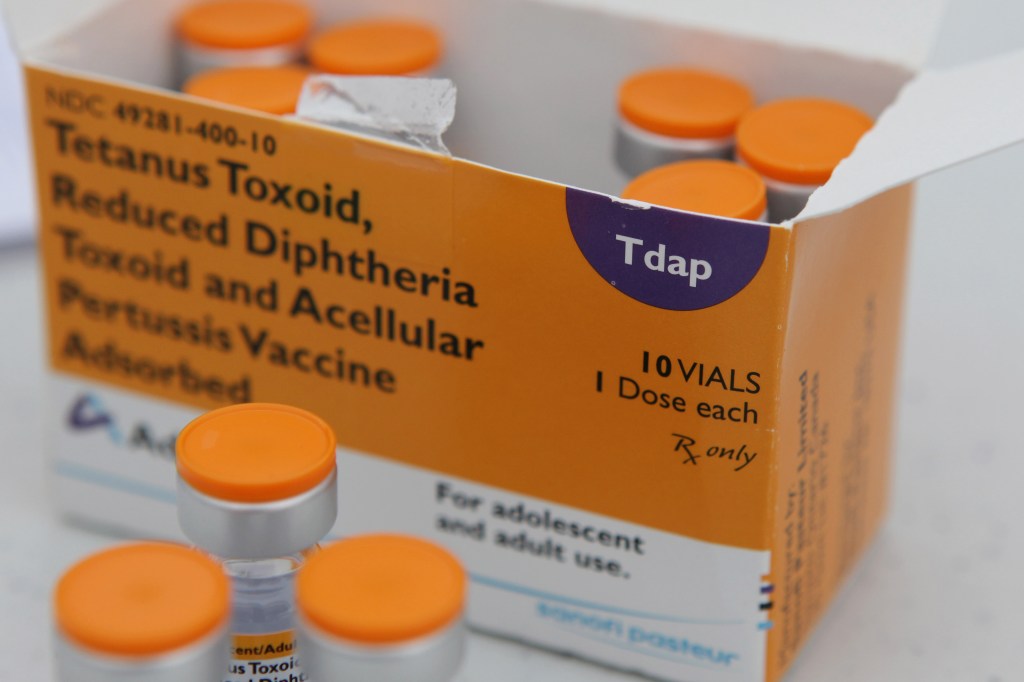For years, melatonin has been embraced as a harmless solution for restless nights, a natural pathway to peaceful sleep readily available on drugstore shelves. Millions reach for these supplements, believing they’re simply assisting their body’s natural rhythms. But a growing body of research is challenging that assumption, revealing a potentially unsettling link between long-term melatonin use and serious heart problems.
A recent, extensive observational study, analyzing the health records of over 130,000 adults struggling with insomnia, uncovered a startling correlation. Those who consistently used melatonin for a year or more faced a staggering 90% increased risk of developing heart failure compared to those who didn’t take the supplement. This wasn’t a marginal increase; it was a dramatic shift in risk.
The study, conducted by researchers at the American Heart Association, meticulously excluded individuals already diagnosed with heart failure or those taking other sleep medications, strengthening the focus on melatonin’s independent impact. Even those filling multiple melatonin prescriptions – spaced at least three months apart – showed an 82% higher chance of heart failure.
The consequences extended beyond the development of heart failure. Participants who regularly used melatonin were nearly 3.5 times more likely to require hospitalization for heart-related issues and twice as likely to face a fatal outcome. These are sobering statistics that demand attention.
Heart failure, a condition affecting millions, occurs when the heart struggles to effectively pump blood throughout the body. This new research suggests that a seemingly benign supplement could be exacerbating this already serious condition. Lead author Dr. Ekenedilichukwu Nnadi emphasized that melatonin “may not be as harmless as commonly assumed.”
The findings have prompted a reevaluation of how healthcare professionals advise patients seeking sleep aids. While the study doesn’t definitively prove a cause-and-effect relationship, the consistent and significant increases in adverse health outcomes are deeply concerning. Further investigation is crucial to understand the full scope of melatonin’s impact.
One critical issue lies in the unregulated nature of melatonin supplements. Experts like Dr. Wendy Troxel point to a “huge variability” in dosage and potency, with actual amounts often differing drastically from label claims. The availability of excessively high doses – 5mg and 10mg – is particularly alarming, far exceeding the body’s natural production capacity.
It’s also important to understand *how* melatonin works. It’s not a traditional sleep aid that forces drowsiness. Instead, it’s a “chronobiotic,” a signal to the body indicating when it’s time for sleep. For many with chronic insomnia, studies show it offers little actual benefit as a nightly sleep solution.
The concerns aren’t limited to adults. Emergency room visits related to melatonin overdoses in children are on the rise, particularly with the appealing but potentially dangerous gummy formulations. This highlights the need for increased caution and responsible storage.
Instead of relying on supplements, experts advocate for proven, long-term solutions like cognitive behavioral therapy for insomnia (CBT-I). This structured approach consistently delivers better and more lasting results than medication, addressing the underlying causes of sleep disturbances.
While the Council for Responsible Nutrition urges caution and context, emphasizing the need for further research, the initial findings are a clear “wake-up call.” Before adding melatonin to your routine, a thorough discussion with your healthcare provider is essential. The pursuit of a good night’s sleep shouldn’t come at the cost of your heart health.





